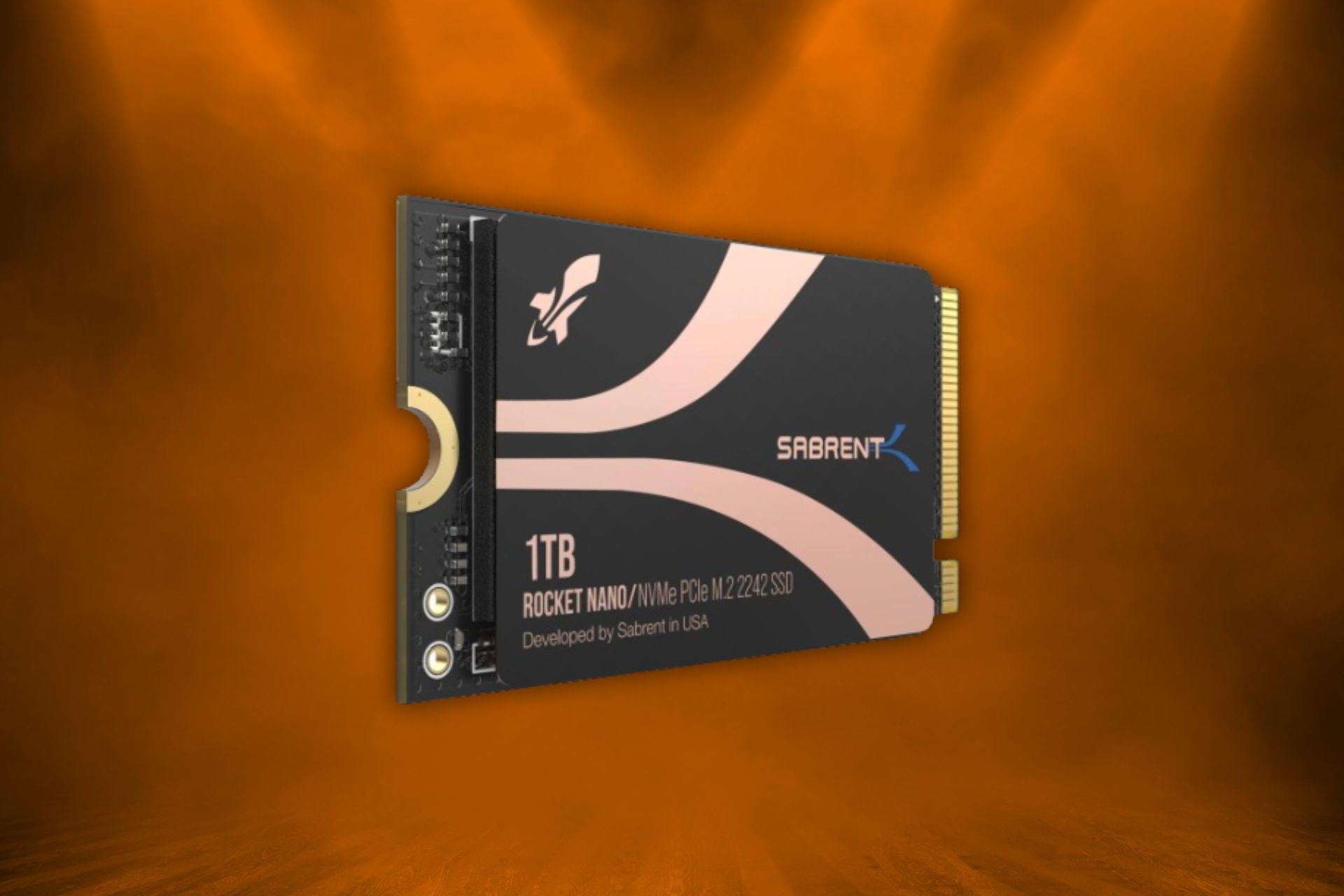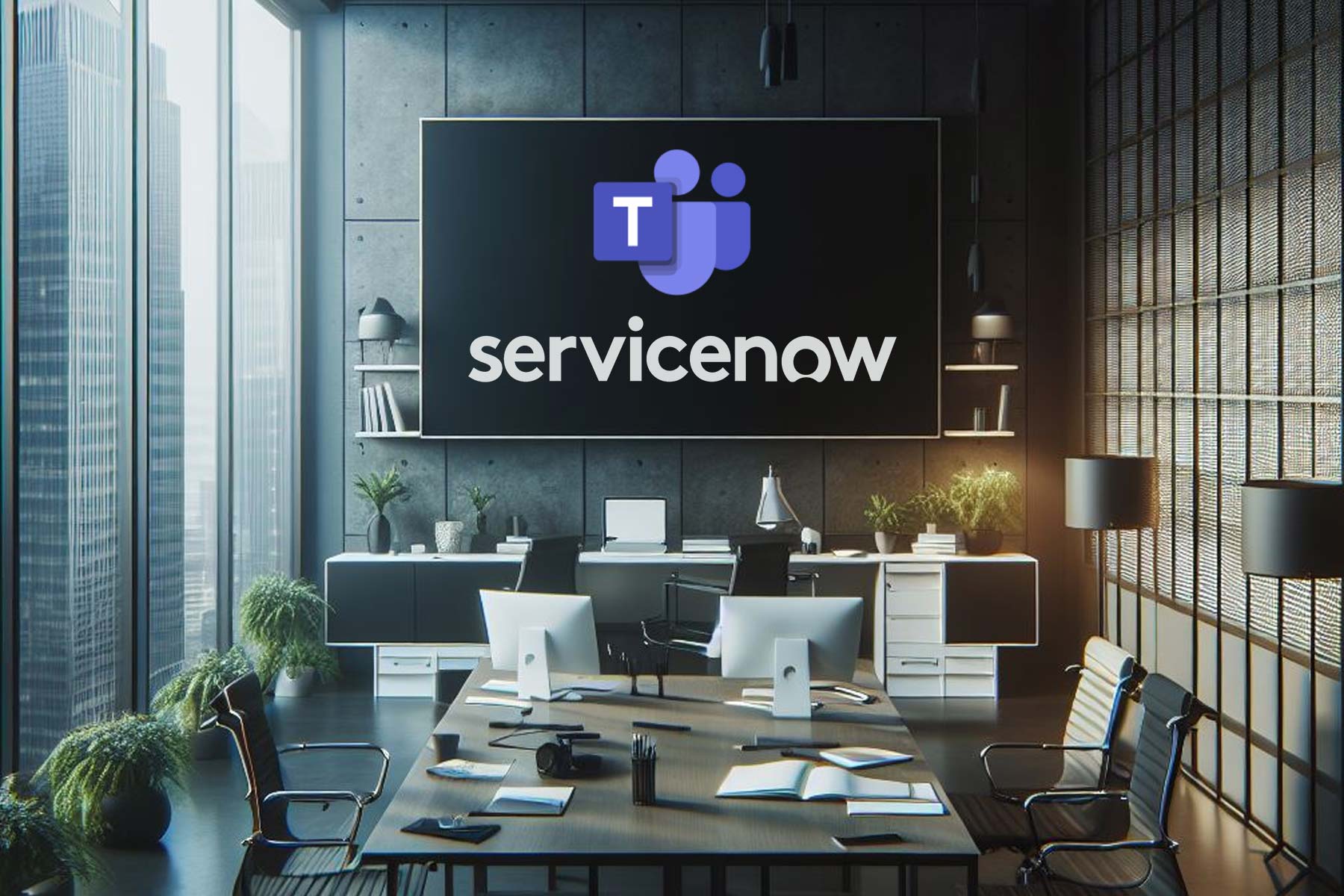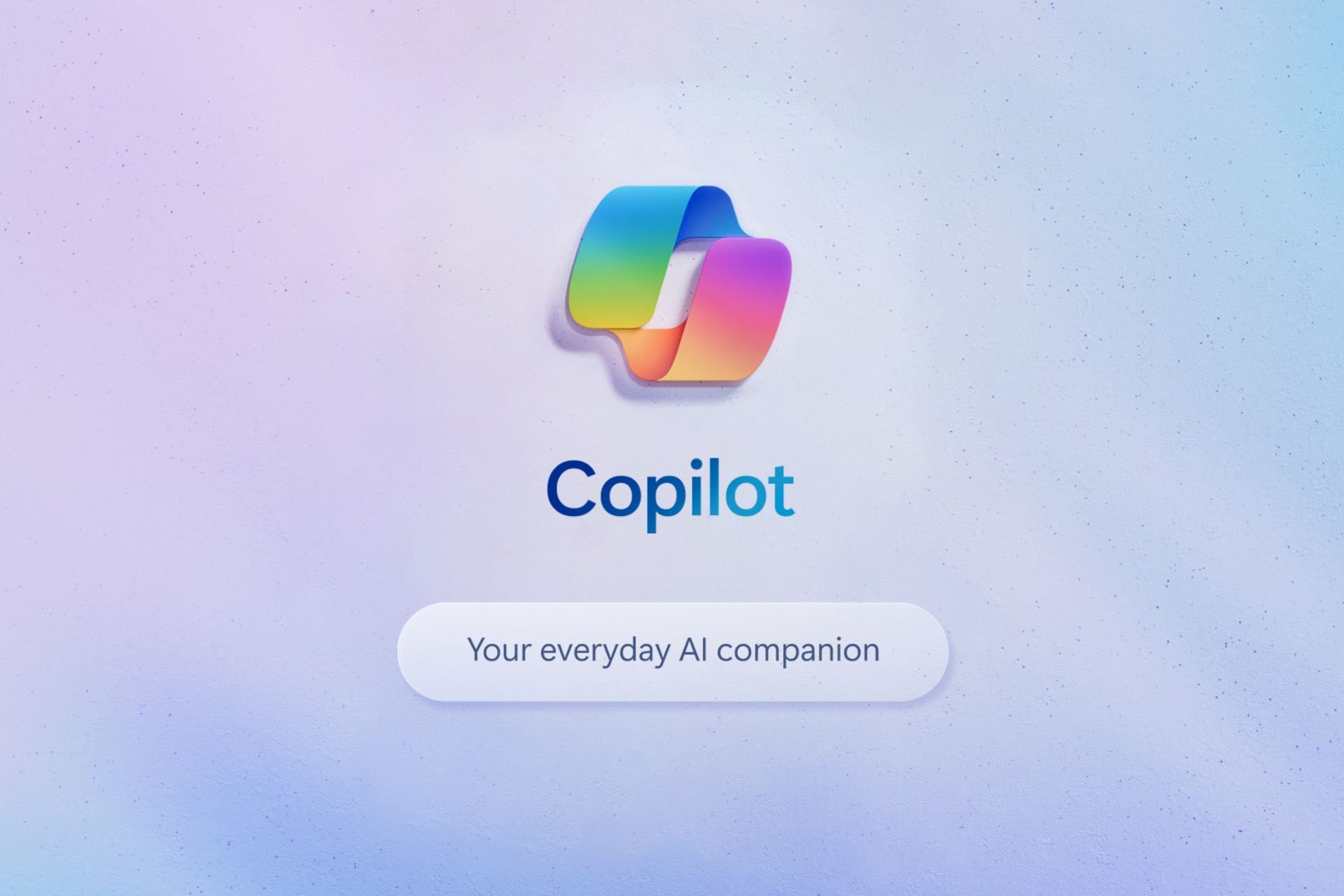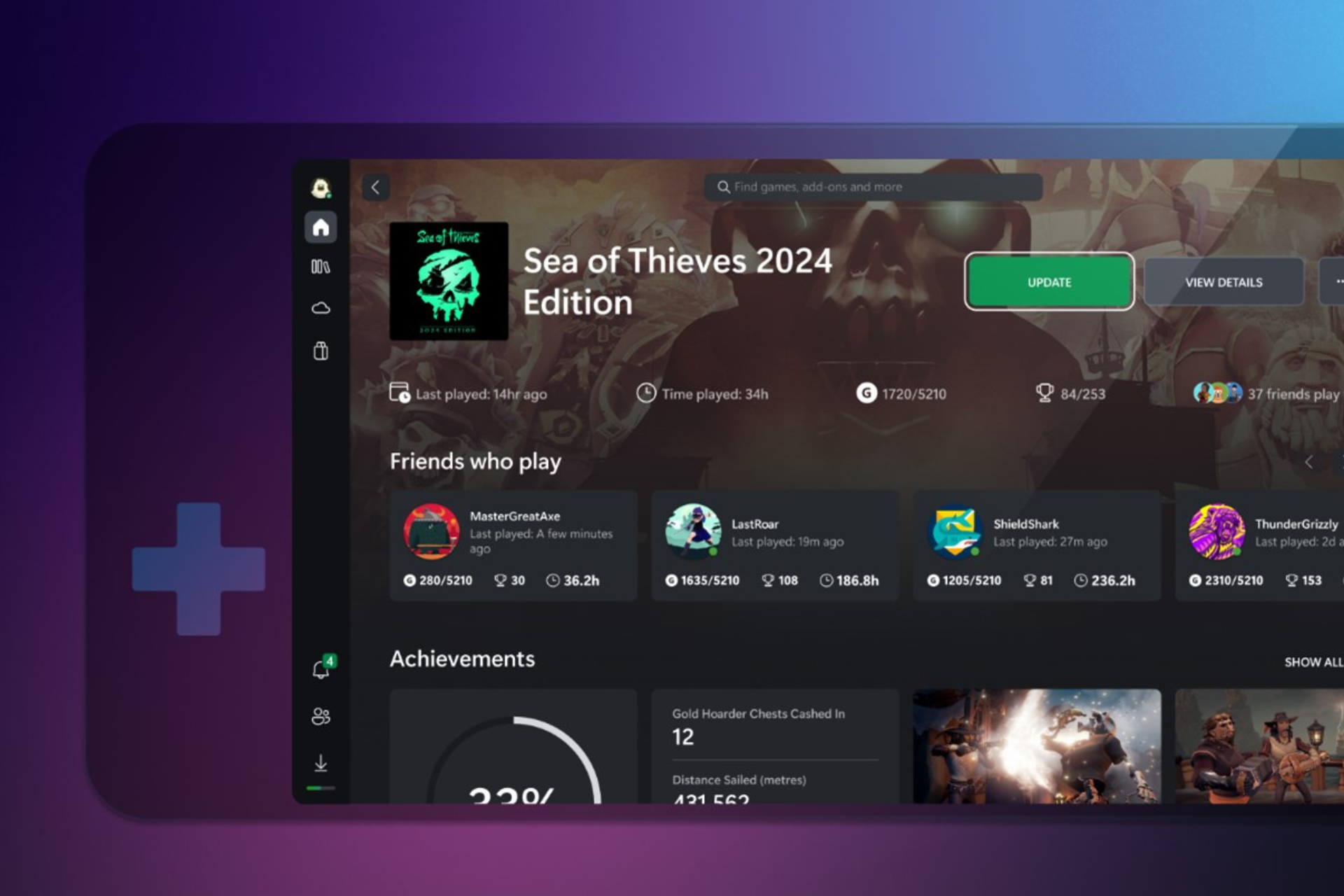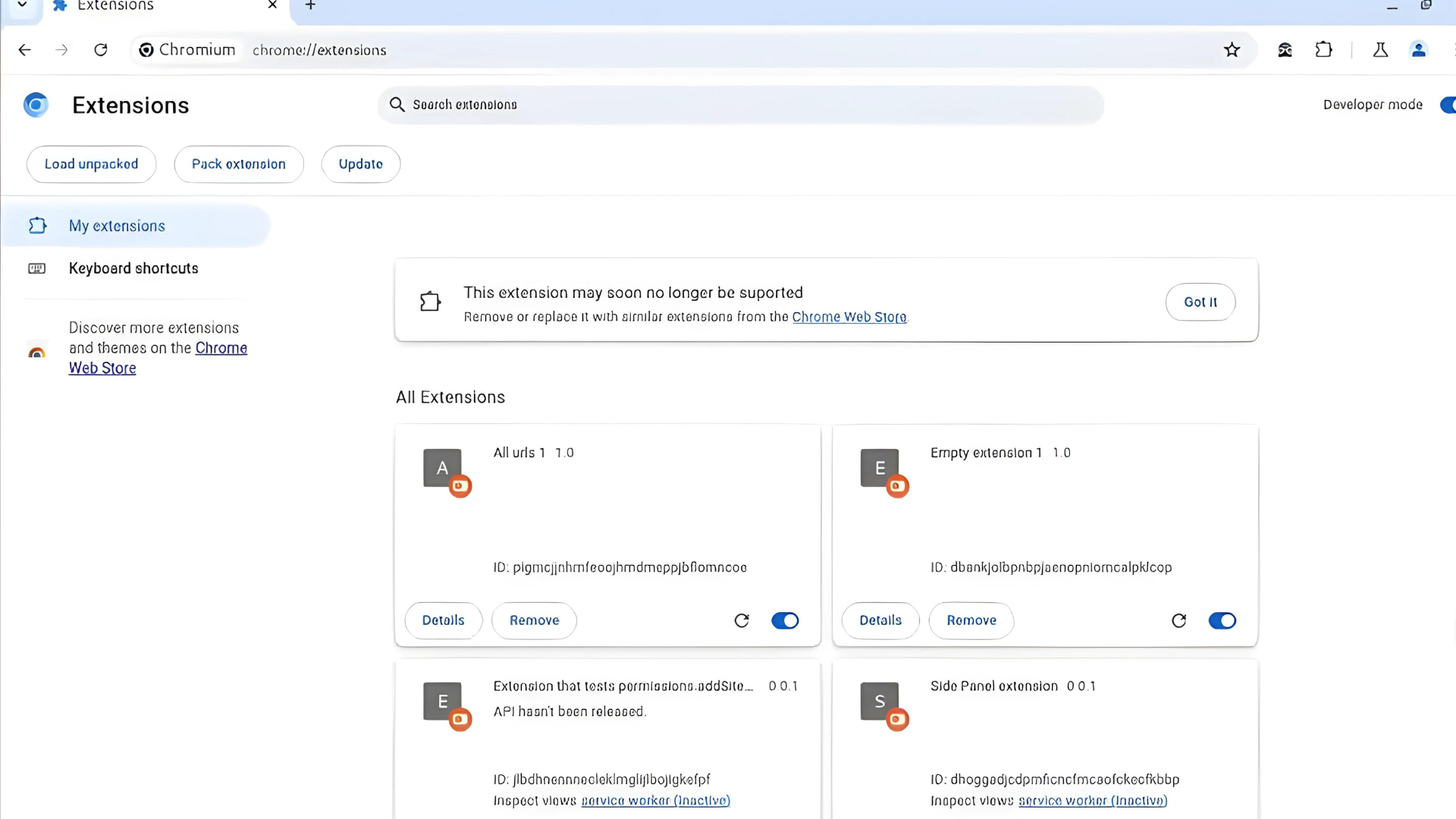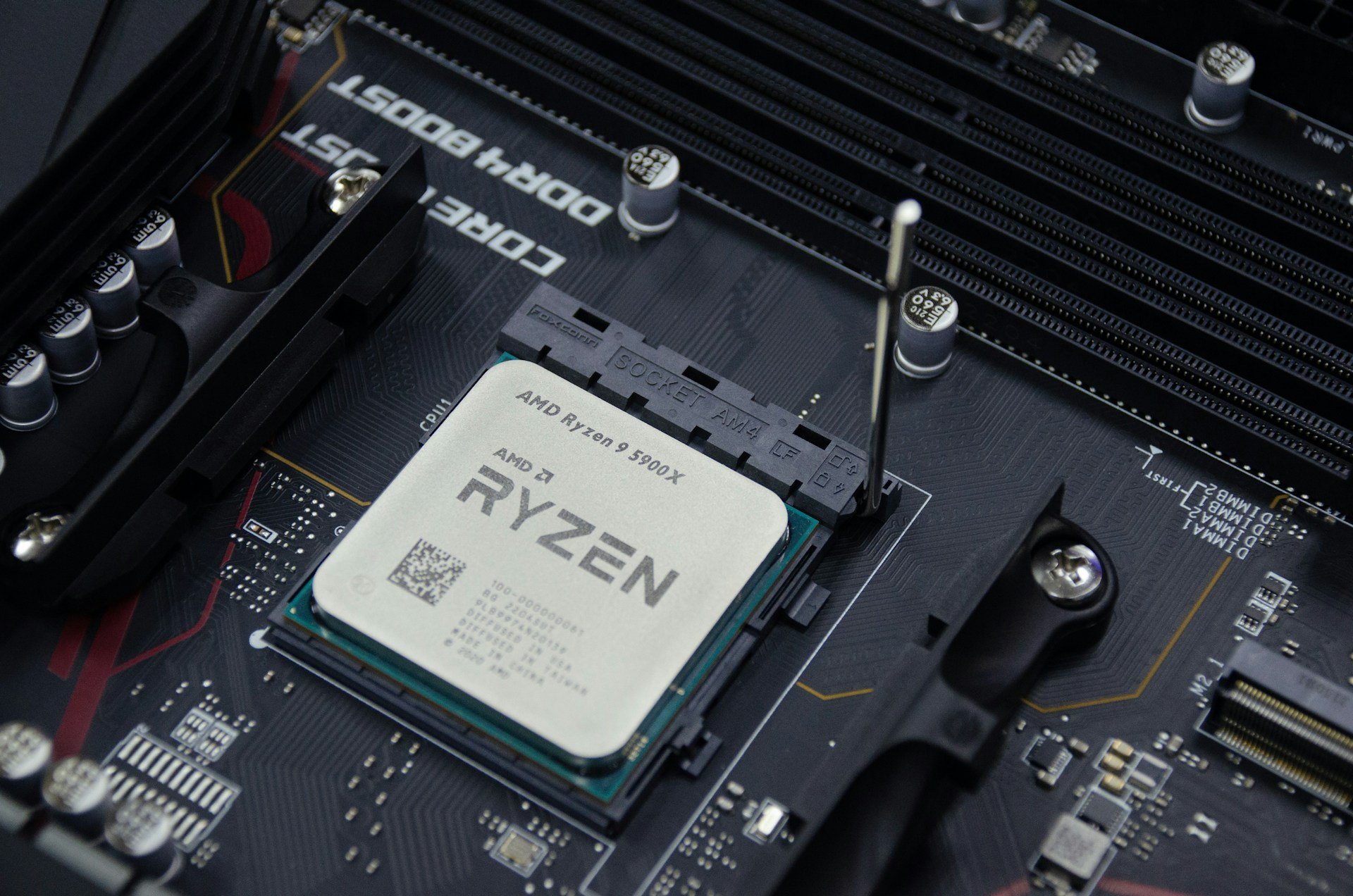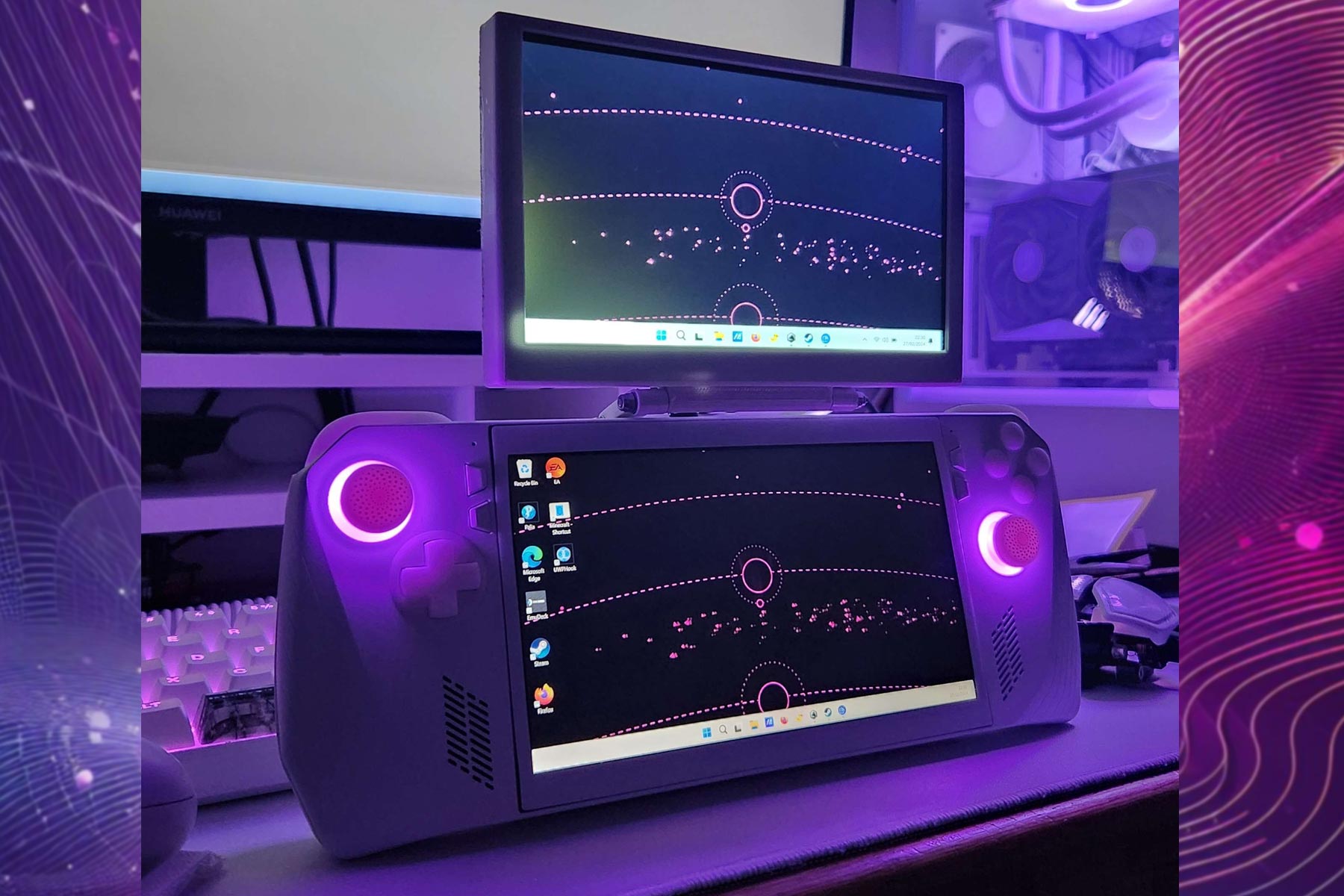Microsoft and Open AI are being sued for copyright infringement
AI can infringe copyright, and giant companies are using your content to train it
2 min. read
Published on
Read our disclosure page to find out how can you help Windows Report sustain the editorial team Read more
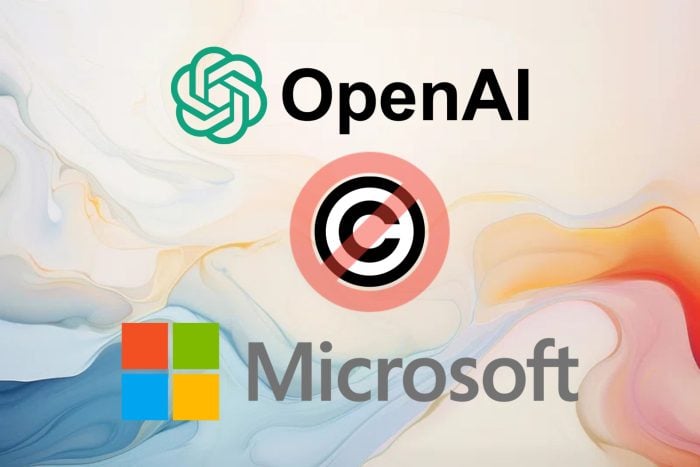
Microsoft and OpenAI are facing lawsuits because ChatGPT generates answers that allegedly breaks the copyright laws. However, it is not something new.
After all, neither Microsoft nor OpenAI deny that they are using copyright-protected works to train the large language model. Yet, ChatGPT is not the only one with legal issues. Getty Images is suing Stability AI for generating models based on protected images. On top of that, Universal Music Group sues Anthropic for recreating lyrics.
Can AI cause copyright infringement?
In some cases, generative AI like ChatGPT replicates text from various articles and infringes copyright. Thus, some believe AI companies intentionally remove titles, author names, and copyright information. Furthermore, according to The Verge, Microsoft and OpenAI offer legal cover for customers if they get lawsuits due to CopilotAI Enterprise or Copilot.
By the way, the lawsuits state that the companies are aware of the copyright infringement. On top of that, according to The Guardian, OpenAI said in its submissions to the Telegraph that it is impossible to train AI without copyrighted materials. In the past, the New York Times has sued OpenAI, accusing them of training AI on their articles. However, OpenAI declined the accusations, saying that The New York Times abused a bug.
AlterNet, The Intercept, and Raw Story are suing OpenAI because they claim the company is using their story to train ChatGPT. Thus, the AI answers our questions by using their articles. Unfortunately, this shows that small companies and authors are the most vulnerable. So, if you are an author, you should be careful about your work. Also, we would like to suggest not to store your digital creations in online clouds.
Certainly, always be careful to check your sources if you’re using AI. Otherwise, you might get sued for copyright infringement. Furthermore, be careful when you save your data in a cloud, as Microsoft, Google, and other companies might use it to train their AI. Unfortunately, there aren’t too many regulations in place.
What do you think? How do you keep your content safe? Let us know in the comments.

